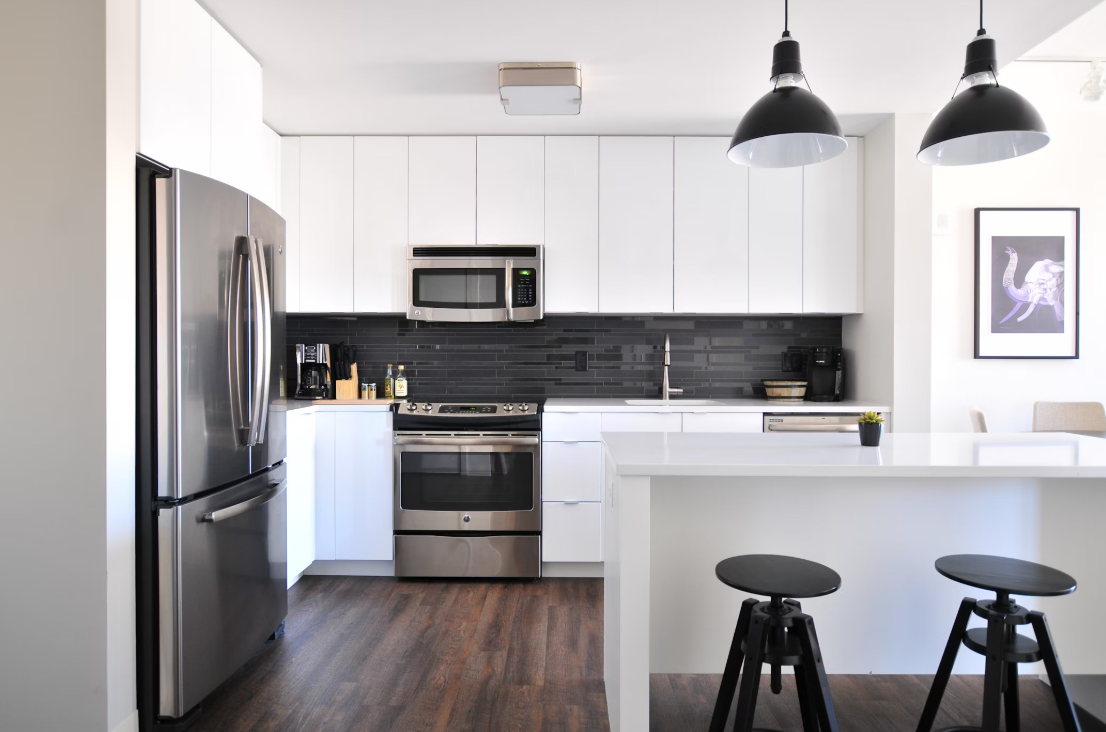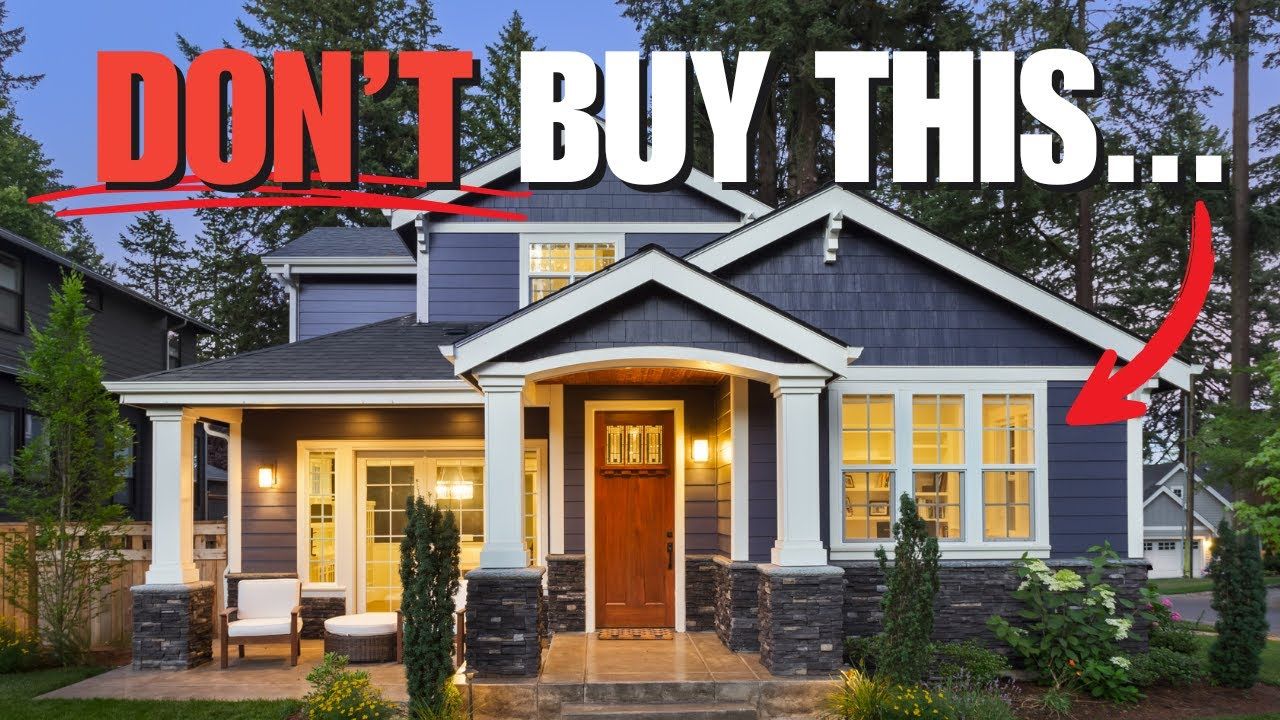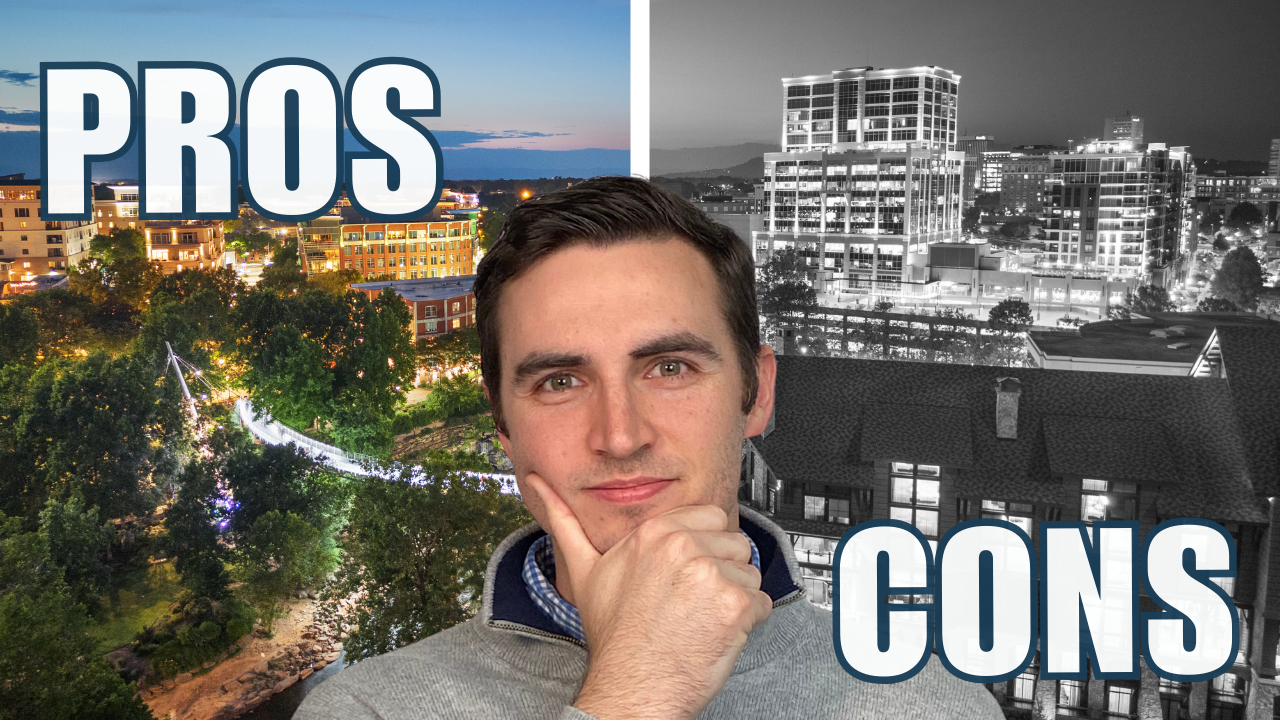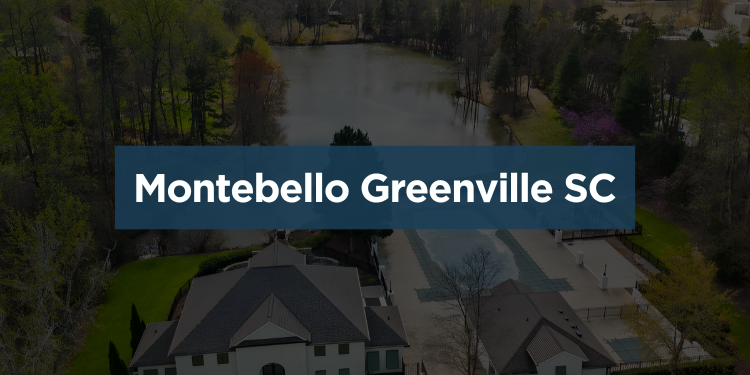
New construction homes are often seen as the ultimate dream—brand-new appliances, modern designs, and a fresh start. But before you sign on the dotted line, there are a few risks to consider. In this article, we’ll explore the potential downsides of purchasing a new construction home and how you can protect yourself if you decide to move forward.
1. Unfinished Communities Can Affect Home Value
Buying early in a new construction community can be risky. If the development isn’t completed as planned, you might end up with fewer amenities than expected. Features like pools, playgrounds, and sidewalks may never be built, leaving you with a less desirable neighborhood and potentially decreasing your home’s value.
The risk: If the community fails to attract enough buyers, home values could decline. However, if the neighborhood succeeds, early buyers could see significant equity gains.
2. The Risk of Falling Property Values
While new developments often see price increases, there’s also the possibility of price drops. If the builder struggles to sell homes, they may lower prices to attract more buyers, leaving early buyers at a disadvantage.
The reality: While recent years have seen rising home prices, markets fluctuate. Researching the developer’s track record and local market trends can help you make an informed decision.
3. Ongoing Construction Disruptions
Living in an active construction zone means dealing with noise, dust, and heavy machinery. Streets may be blocked, and your peaceful morning coffee on the porch could be interrupted by the sound of hammering and drilling.
Consider this: If you value a quiet environment, waiting until construction is complete might be a better option.
4. Builder Contracts Favor the Developer
Unlike resale homes, where contracts are often balanced between buyer and seller, builder contracts are typically written to protect the developer. These agreements may include:
- Higher initial deposit requirements
- Limited warranties on environmental issues (e.g., radon mitigation may not be included)
- Strict timelines that could extend without penalty to the builder
Solution: Always have a real estate agent who specializes in new construction review your contract before signing.
5. Hidden Costs and Upgrade Expenses
Builders often advertise a base price, but the final cost of your home may be much higher after upgrades and lot premiums. Some common hidden costs include:
- Structural upgrades (e.g., covered porches, extra windows)
- Design center selections (e.g., premium flooring, cabinetry, fixtures)
- Additional fees for premium lots
Tip: Budget for an additional 10-15% in upgrade costs to avoid unexpected financial stress.
Watch the Full Video to Learn More
6. Unpredictable Timelines
New construction homes don’t always finish on schedule. Weather delays, labor shortages, and supply chain issues can push back your move-in date.
If your timeline is tight, consider purchasing a move-in-ready spec home rather than building from the ground up.
7. Travel and Walkthrough Requirements
If you're relocating from out of state, be prepared for multiple walkthroughs during the building process. These trips can add up in terms of travel expenses and time off work.
Alternative: Work with a local real estate agent who can attend inspections and walkthroughs on your behalf.
Should You Still Buy a New Construction Home?
If you love the idea of a brand-new home but want to avoid these risks, consider move-in-ready homes built by reputable developers. Working with an experienced real estate agent can also help you navigate contracts, negotiate upgrades, and ensure you're making a smart investment.
Thinking About Buying a New Construction Home?
Don’t let hidden pitfalls turn your dream home into a costly mistake. Our expert team has guided countless buyers through the new construction process in Greenville


.jpg)
.png)
.png)